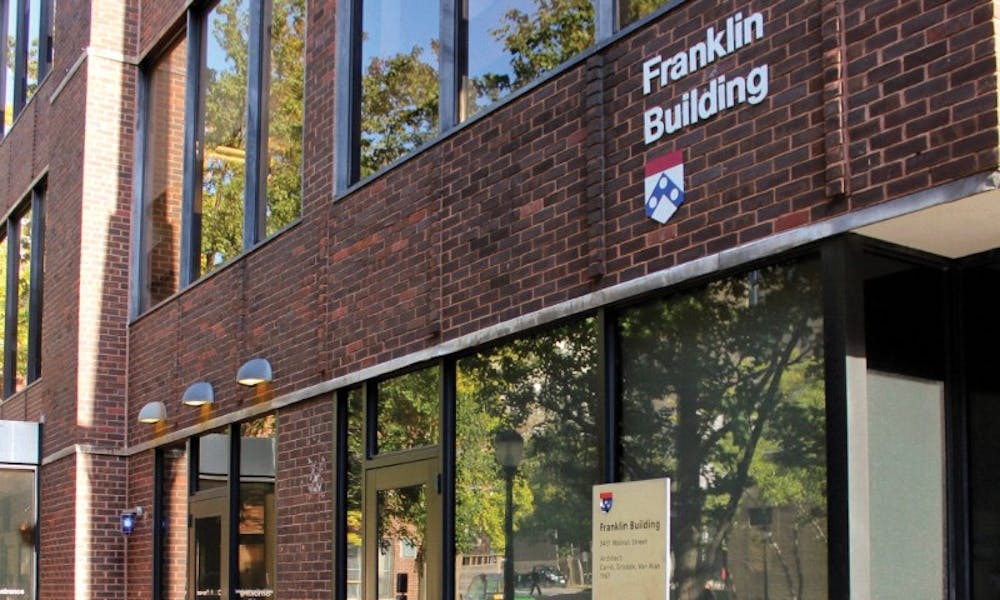Student Financial Services has rolled out new terminology to describe a specific selection of students on financial aid. Students qualifying as “highly-aided” will be eligible to receive four new benefits outlined by SFS last week.
There are approximately 950 highly-aided students currently attending Penn. Before introducing the term “highly-aided” to students and administrators, SFS identified this population as “high-need.” Benefits for high-need students included free meal programs over holiday breaks and grant funding for those enrolled in the Penn Student Insurance Plan.
Many first-generation, low-income students, however, did not know whether they qualified as high-need, in part because SFS did not publicly disclose the specific qualifications for a high-need student.
“It wasn’t necessarily as if students knew they were high-need,” said Paul Richards, the communications director for the Division of Finance. “It hadn’t been formally declared in the first place.”
While administrators previously said there was no specific threshold to determine a high-need student, Richards said that highly-aided students are now defined as an individual with a family income of $65,500 or less, typical family assets, and a parent contribution of $4,500 or less.
Previously, Richards explained, high-need students were notified about specific programs to which they had access, but were not explicitly given a full listing of all the benefits for which they were eligible.
Richards said the change in terminology, along with a new website outlining qualifications and benefits, is intended to reduce confusion and lead eligible students to helpful programs. He added that highly-aided students are now explicitly notified of their status and directed to benefits through Penn InTouch.
College senior Lyndsi Burcham said that the new terminology puts a greater focus on a student’s financial aid package rather than the students themselves. Burcham is the advocacy chair for Penn First, a student organization for FGLI students.
RELATED:
First-generation low-income students say Penn’s job resources fall short
Penn announces plans to create new 'Penn First Plus' office for first-gen., low-income students
“'High-need' — it feels a little derogatory,” Burcham said. “High-need is the same as needy or vulnerable.”
Both Richards and Burcham noted the large role of student leaders in the development of the new programs for highly-aided students.
These programs include eligibility for up to $4,000 of summer funding for rising juniors and seniors, laptops for incoming students, two new financial aid counselors for highly-aided students, and a waiver of expected summer savings contributions for incoming freshmen and sophomores.
The summer savings contributions, which in the past were applied to students of all grade levels, are an expectation on students for them to contribute portions of their summer earnings to the University. Burcham noted that the new waiver resembles ‘startup grants’ offered to certain students at Harvard University and Yale University.
She added, however, that the program still requires parents to contribute funds to their child's cost of attendance over the summer — a cost, which she said, FGLI students often end up paying themselves.
“I’ve had plenty of friends at Penn who have paid their parents’ contribution because their parents can’t do it or they won’t do it,” Burcham said.









